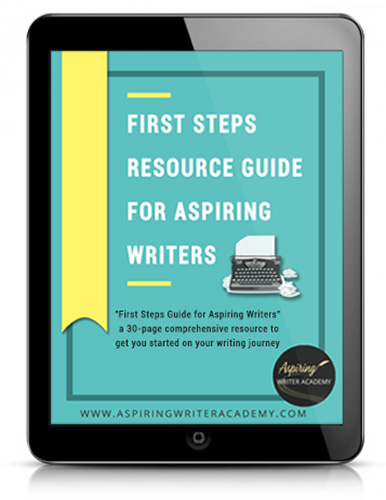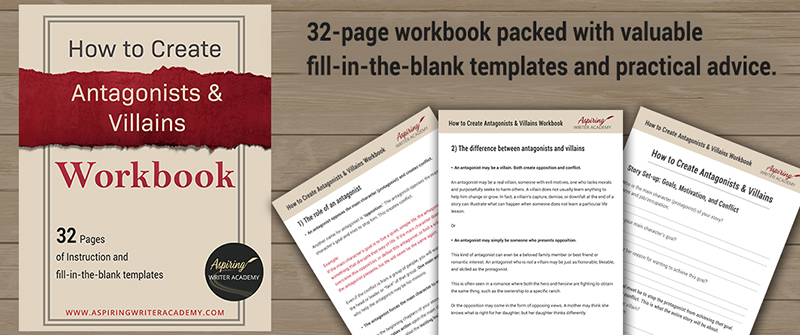25 Quick Writing Tips for Fiction Writers

Writing fiction is a challenging and rewarding endeavor that requires a combination of creativity, skill, and discipline. Whether you're a seasoned writer or just starting out, there's always room for improvement in your craft. In this blog post, we'll provide you with 25 Quick Writing Tips for Fiction Writers to help you elevate your writing and create compelling stories that captivate your readers. From character development to plot pacing, we hope that these tips will help inspire you to hone your skills and take your writing to the next level.
Fiction Writing Tips
-
-
- Write every day, even if it's just a few sentences.
- Outline your story before you start writing.
- Create a diary entry in your characters' POV to know them better before writing.
- Edit your work thoroughly before submitting or publishing.
- Create a social media presence to promote your book.
- Network with other writers and attend writing events.
- Read widely and diversely to improve your writing.
- Write in a distraction-free environment to increase productivity.
- Keep a notebook or use an app to jot down writing ideas as they come to you.
- Don't be afraid to experiment with different writing styles and techniques.
- Start with a strong opening sentence or paragraph to hook your readers.
- Show, don't tell, when describing characters and settings.
- Use dialogue to reveal character personalities and motivations.
14. Vary sentence length and structure to add rhythm and flow to your writing.
-
- 15. Create tension and conflict in your story to keep readers engaged.
- 16. Revise and edit your work multiple times, ideally with the help of beta readers or an editor.
- 17. Research your genre and target audience to better understand reader expectations.
- 18. Use social media advertising and book promotions to boost book sales.
- 19. Develop a consistent writing schedule to stay on track with your writing goals.
- 20. Believe in your writing and stay motivated even in the face of rejection or criticism.
- 21. Write what you love and are passionate about, rather than trying to follow trends.
- 22. Consider taking writing classes or workshops to improve your skills.
- 23. Use sensory details to make your writing more vivid and immersive.
- 24. Avoid clichés and stereotypes in your writing to make your characters and story more unique.
- 25. Write a compelling blurb and synopsis to entice readers to pick up your book.
Writing fiction is an art form that requires patience, practice, and persistence. We hope that these 25 Writing Tips for Fiction Writers will help inspire you to create stories that captivate your readers. Whether you're an aspiring author or a seasoned writer, there's always room for growth and improvement. Remember to stay true to your unique voice and style, while also experimenting with new techniques and approaches. With dedication and hard work, you can achieve your goals as a fiction writer and create stories that will leave a lasting impact on your readers.
Do you have any additional tips to share? Feel free to leave a comment below!
Do you find it difficult to create compelling antagonists and villains for your stories? Do your villains feel cartoonish and unbelievable? Do they lack motivation or a specific game plan? Discover the secrets to crafting villains that will stick with your readers long after they finish your story, with our How to Create Antagonists & Villains Workbook.
This 32-page instructional workbook is packed with valuable fill-in-the-blank templates and practical advice to help you create memorable and effective antagonists and villains. Whether you're a seasoned writer or just starting out, this workbook will take your writing to the next level.
Our Goal for Aspiring Writer Academy is to help people learn how to write quality fiction, teach them to publish and promote their work, and to give them the necessary tools to pursue a writing career.

ENTER YOUR EMAIL
TO GET YOUR FREE
"First Steps Guide for Aspiring Writers" a 30-page comprehensive resource to get you started on your writing journey.
Other Blog Posts You May Like
How to Write a Novel While Working Full Time
How to Manipulate Pacing to Increase the Intensity of Your Scenes in a Fictional Novel
Learn to Plot Fiction Writing Series: Story Analysis of the Disney movie “Frozen”
Fiction Writing: The 3 Different Levels of Editing
Learn To Plot Fiction Writing Series: Story Analysis of the Movie “Top Gun: Maverick”
5 Reasons Your Writing Sucks! (And How to Fix It)
How to Brainstorm a New Novel Using Goal, Motivation, and Conflict
How to Write Query Letters (for Fiction)
Slingshot Week: How to Set New Goals for Writing in 2023
Novel Writing Tips: Don’t Bury the Dialogue!
How to Choose Characters to Populate Your Fictional Story
Fiction Writing: Critique Group Etiquette & Warning Signs of a Good Group Gone Bad
How to Prep for NaNoWriMo (National Novel Writing Month)
Fiction Writing: How to Plot a Story where the Antagonist is an ‘Invisible Foe’
Fiction Writing: How to Find a Critique Partner/Group
How to Research Information for a Historical Novel
7 Steps to Begin Writing a New Fictional Story
Learn to Plot Fiction Writing Series: Story Analysis of the movie “Signs”






















